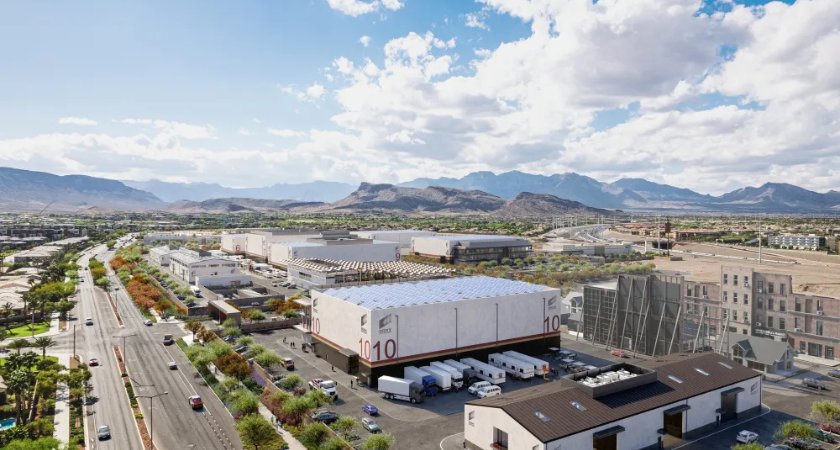
For the third time in two years, Nevada lawmakers have declined to back a major film incentive plan aimed at making Las Vegas a production hub. During a special session Wednesday night, the state Senate rejected a $120 million annual subsidy tied to the proposed Summerlin Studios project, a joint venture between Sony Pictures, Warner Bros., and Howard Hughes Holdings.
The vote on AB 5 came narrowly close to passage, failing by a single vote. Ten senators supported the measure, eight opposed it, and three were absent. The Legislature had also declined a similar package in June, leaving supporters frustrated that the plan did not advance even with a special session focused on it.
.jpg)
Proponents had expressed confidence earlier in the week when Gov. Joe Lombardo convened lawmakers. Lombardo, who has championed the bill, voiced disappointment on social media after the vote, writing that “Nevadans deserved action now — not years from now – on the issues that most impact their daily lives.”
Howard Hughes Holdings, the developer behind the master-planned community of Summerlin, teamed up with Sony and Warner Bros. to propose the massive studio complex. First unveiled in 2023, the project promised to bring major film and television productions to Nevada, a state with minimal film activity compared to California, New York, or Georgia. Despite gaining momentum, the proposal has now been rejected three times.
The partnership between Sony and Warner Bros. was itself a significant shift. Both studios initially backed competing projects in the region but decided in February to join forces in support of the Summerlin concept, agreeing it would serve as a shared production base.
Union support became a key driver for getting the bill onto the special session agenda. “The real push to get the governor to put it on the agenda didn’t come from Howard Hughes, Sony or Warner Bros.,” said Howard Hughes Holdings CEO David O’Reilly. “It came from organized labor.”
Under the proposal, Nevada would offer $95 million annually in incentives for productions filmed at Summerlin Studios and another $25 million to productions shooting elsewhere in the state. The package would span 15 years, beginning in 2029 and running through 2044. The state Assembly narrowly approved the measure earlier in the week, voting 22-20, before it failed in the Senate.

The bill faced criticism from both conservative and progressive groups. Americans for Prosperity Nevada, a conservative organization, labeled the subsidy a “corporate giveaway” and argued it would deliver minimal returns, claiming the project would generate just 23 cents on every public dollar spent.
Progressive opponents warned the funding would undercut dollars for essential public needs, including healthcare, climate programs, and other state initiatives. Meanwhile, construction unions argued that the project would stimulate long-term economic growth through job creation and investment.
Vince Saavedra of the Southern Nevada Building Trades, who helped lead union advocacy for the bill, emphasized the intense political pushback, saying lawmakers faced “bullies” from both ends of the spectrum.
Nevada continues to move in the opposite direction of other large states, even as film incentives expand nationwide. California and New York have boosted their subsidy programs this year, while Texas recently raised its film incentives to $300 million every two years. While many states compete aggressively to attract Hollywood expansions, Nevada’s refusal leaves Las Vegas’s long-discussed studio ambitions uncertain.
Despite the latest setback, industry advocates argue that the conversation is far from over. With growing demand for studio space across the country, supporters believe Nevada will eventually need to decide how aggressively it wants to compete for film and television production—and whether it wants Hollywood in the desert.
Originally reported by Gene Maddaus in Variety.